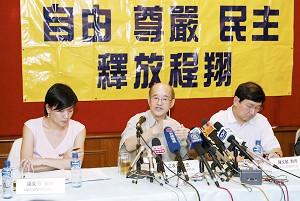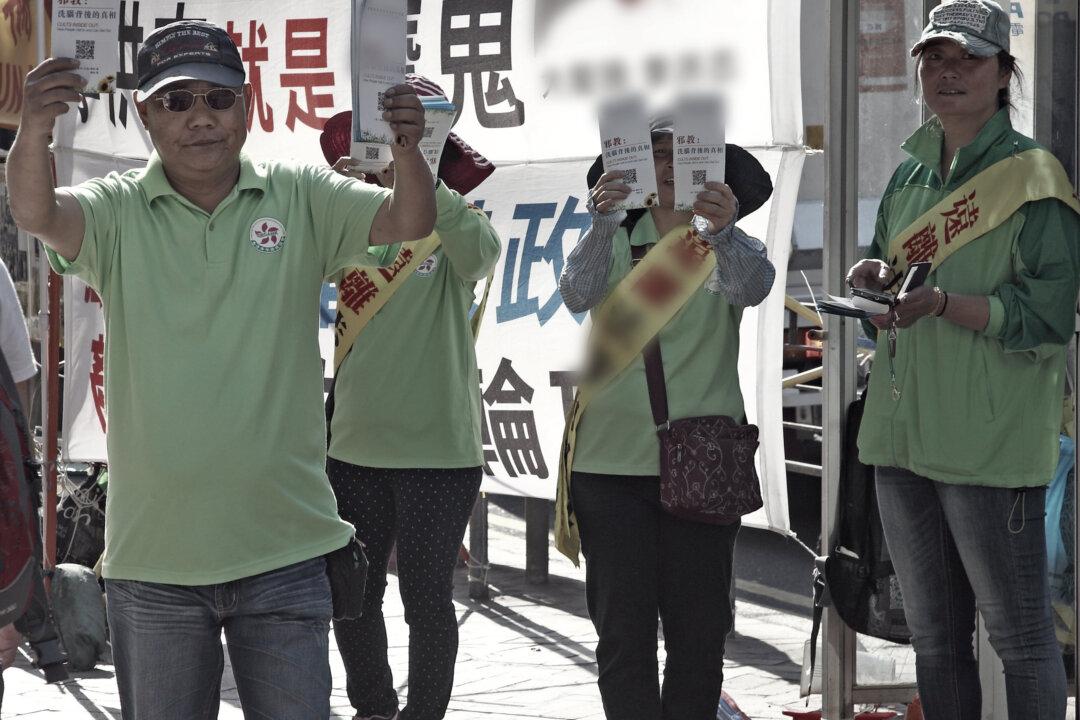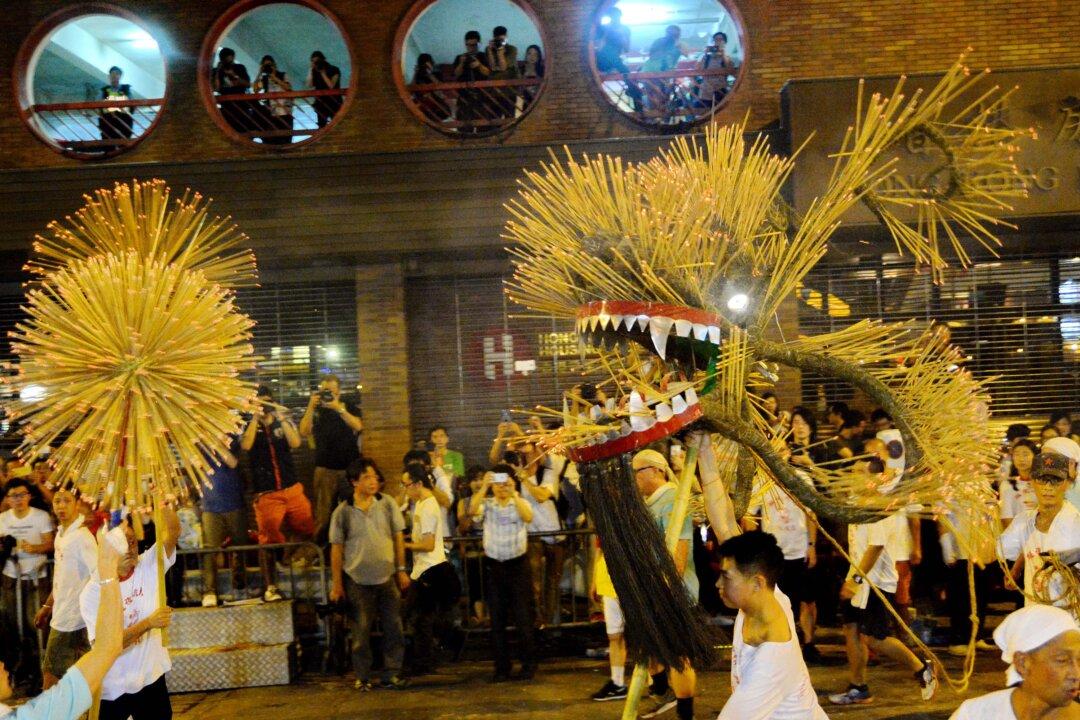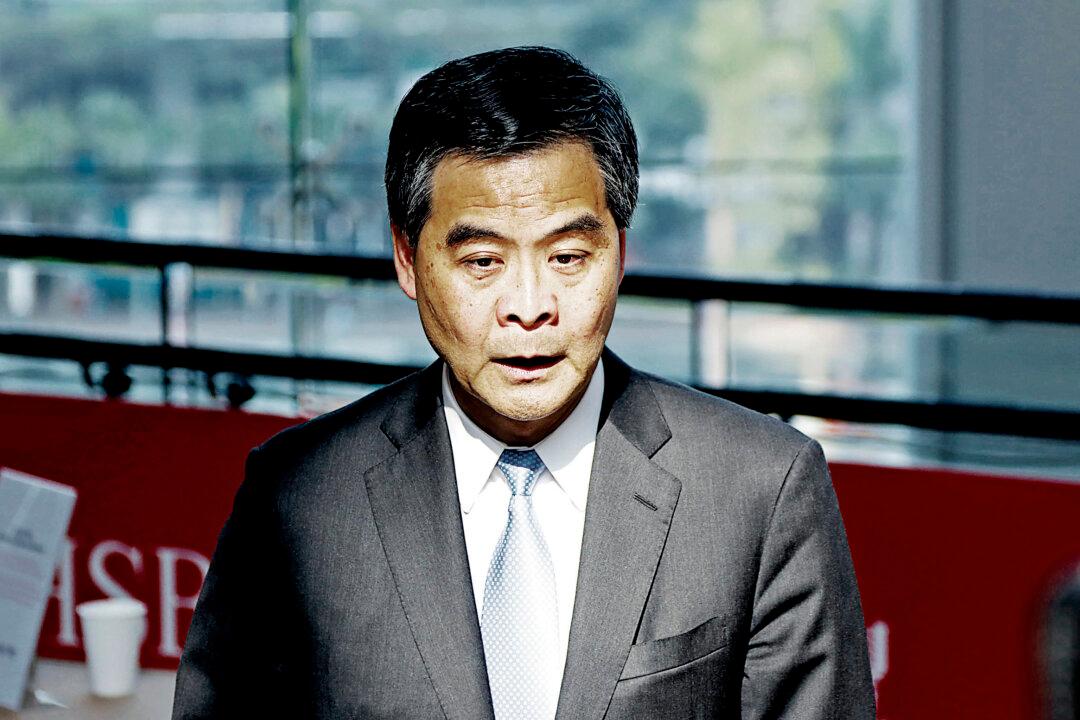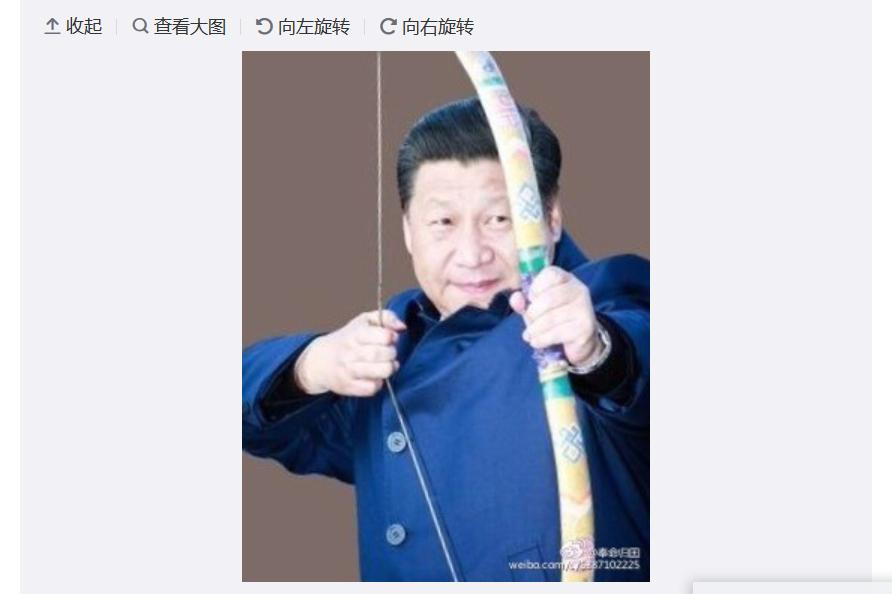HONG KONG—After the Chinese communist regime sentenced Hong Kong journalist Ching Cheong to five years imprisonment for espionage, the Ching Cheong Incident Concern Group held a seminar on September 18 to discuss the case. In the seminar law experts analyzed the Ching Cheong case from legal perspectives and challenged the legitimacy of the conviction.
According to Mr. Ong Yew Kim, China Law Researcher of the Chinese University of Hong Kong, the Beijing court had insufficient evidence to convict Ching. “The China Public Security Bureau oversaw Ching’s case.” said Ong, “But it is this same bureau that provided the evidence in the case and made the conviction. This is so unreasonable.”
Ong also said that the verdict document did not provide any evidence to prove that the Taiwan-based Foundation of International and Cross-Strait Studies, to which Ching was accused of selling information, is an espionage organization.
Professor Johannes Chan, Dean of the Faculty of Law, University of Hong Kong, analyzed the verdict document from the perspective of common law. He pointed out that five things have to be proved to justify the conviction of espionage.

